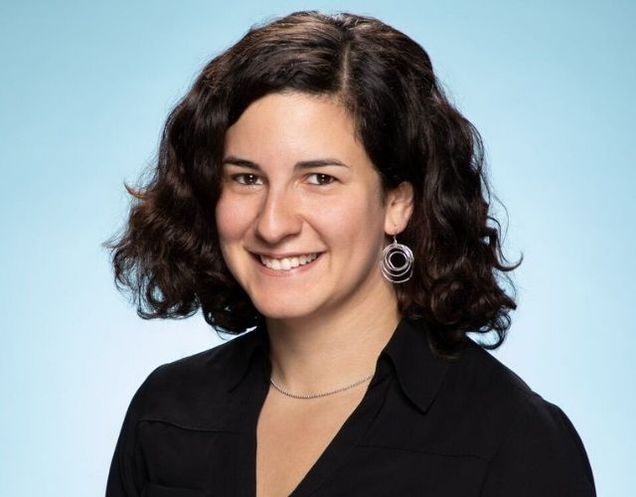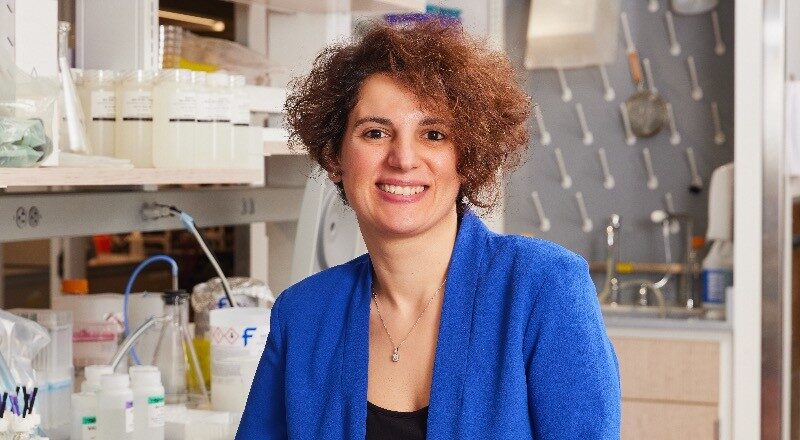Office of Research Celebrates Women’s Day with Women in Research Panel
Featured Speakers: CISE Professors Coskun and Yazigil Offer Guidance
In celebration of International Women’s Day, the Boston University Office of Research hosted a virtual panel on March 7th to recognize the achievements of women in research. Panelists included CISE Director Ayse Coskun, (ECE, SE) and Faculty Affiliate Rabia Yazicigil (ECE, BME); as well as BU professors Deborah Carr, Sociology (CAS); Mary Dunlop, Biomedical Engineering (ENG); Sucharita Gopal, Earth & Environment (CAS).
The panelists shared their research focus and offered insights and experiences related to their career journeys, mentors, and resources they’ve found valuable.
What We Do

“My team actively works on meeting the increasing demands of computing in the most efficient way,” explained Professor Coskun who leads Boston University’s Performance and Energy-Aware Computing Laboratory (PeacLab), where her team designs and applies methods to make computing more efficient and sustainable. “We look into new technology trends and how to integrate, stimulate, and evaluate them early on to design the necessary systems, software, and architectures for future computing systems.”

Professor Yazicigil, whose research focus is on designing energy-efficient, custom integrated hardware for health, environment, sustainability, and communications systems, leads the Wireless Integrated Systems and Extreme Circuits Lab (WISE-Circuits Lab). Her group is engaged on projects with different applications that are linked by the requirement of custom hardware chips. “The most important thing is that we embrace interdisciplinary collaborations,” Yazicigil emphasized. “We work with domain experts across biology, information theory, and security. Our custom hardware is suitable for these different applications to impact society.”
Importance of Mentorship
Registrants of the event were most interested in the impact that mentors and allies had on the panelists’ careers and the effect their diverse backgrounds had on their careers, especially in male-dominated fields. Of her experience with mentorship, Professor Coskun noted the different forms of mentors and allies she has fostered throughout her career and emphasized the value of “persistence” in academia. Importantly, “building relationships, where you learn from somebody through various stages of your career, is incredibly valuable,” Coskun explained. Additionally, support from “sponsors” will help young academics achieve different opportunities. In fact, throughout her career, people who were initially collaborators and later advanced to more senior positions helped pull her into new positions. And last, there is an enormous benefit for peer mentoring and having trusted peers to turn to for advice. “It’s important to think about even smaller conversations (e.g., at conferences) in a broader sense. You never know who is going to give you a piece of advice or example that’s going to make a difference for you.”
Professor Yazicigil also emphasized the importance of investing in relationships. “These could be friendships, mentors, or collaborators,” she said. “Working with students is especially fulfilling because it has a multiplying effect. You’re amplifying your impact when they go and influence their fields and the people around them. I think prioritizing people over anything else is the best thing we do as a part of our job.”
Working Together
As with most of the panelists, having an international background, Professor Yazicigil explained the impact of diverse environmental influences on her careers. “Collaborating and learning from each other within the diverse research community at Boston University is what strengthens individuals and the institution as a whole. Part of this is also the aspect of balancing the hefty demands of careers and personal lives. “What helped me was having a good support network outside of work and at work,” said Professor Yazicigil.
However, you can’t dismiss the challenge of balancing work with personal lives and health. Boston University has a terrific community that offers faculty assistance so that they can work together to develop outstanding results. The panelists highlighted the importance of advocating for yourself to get the support you need. For young professionals, it’s necessary to advocate for yourself to get the resources and assistance you need to facilitate a healthy work-life balance.
Learn more about the panel here.